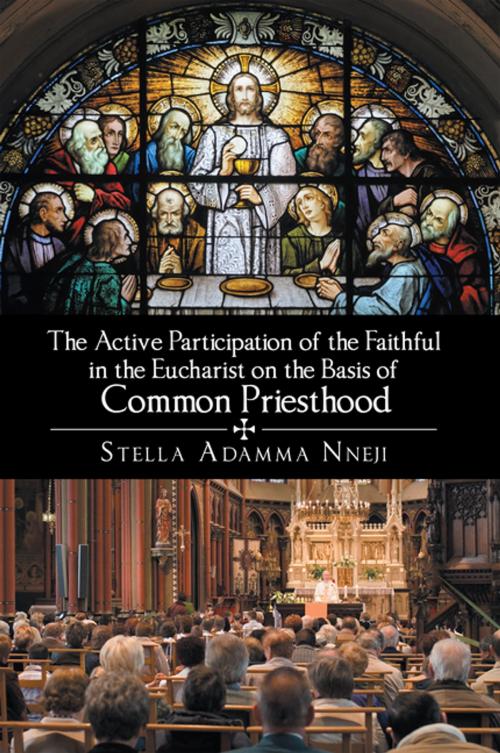The Active Participation of the Faithful in the Eucharist on the Basis of Common Priesthood
Nonfiction, Religion & Spirituality| Author: | Stella Adamma Nneji | ISBN: | 9781984534163 |
| Publisher: | Xlibris US | Publication: | June 15, 2018 |
| Imprint: | Xlibris US | Language: | English |
| Author: | Stella Adamma Nneji |
| ISBN: | 9781984534163 |
| Publisher: | Xlibris US |
| Publication: | June 15, 2018 |
| Imprint: | Xlibris US |
| Language: | English |
One of the significant points of the Second Vatican Council is its emphasis on the status of the lay faithful in the church, which includes active participation in the life of faith. The council spoke of the active participation of all the faithful in liturgical celebrations on the basis of the common priesthood of the faithful, which is conferred during baptism and through which every believer shares in the priestly, kingly, and prophetic offices of Christ. In this book, Stella Nneji develops an ecclesiological, critical reflection on the teaching of the Second Vatican Council with regard to active participation. Focusing especially on the church as people of God, Nneji shows how the idea of participation is not merely a passive action but an active one. Based on the ecclesiological reflection on the church as people of God and its relevance for active participation, she maintains that Vatican IIs vision on active participation is relevant to the upbuilding of the body of Christ (church). This vision integrates a critical thinking especially regarding those places where the implementation of Vatican IIs teachings seems difficult.
One of the significant points of the Second Vatican Council is its emphasis on the status of the lay faithful in the church, which includes active participation in the life of faith. The council spoke of the active participation of all the faithful in liturgical celebrations on the basis of the common priesthood of the faithful, which is conferred during baptism and through which every believer shares in the priestly, kingly, and prophetic offices of Christ. In this book, Stella Nneji develops an ecclesiological, critical reflection on the teaching of the Second Vatican Council with regard to active participation. Focusing especially on the church as people of God, Nneji shows how the idea of participation is not merely a passive action but an active one. Based on the ecclesiological reflection on the church as people of God and its relevance for active participation, she maintains that Vatican IIs vision on active participation is relevant to the upbuilding of the body of Christ (church). This vision integrates a critical thinking especially regarding those places where the implementation of Vatican IIs teachings seems difficult.















